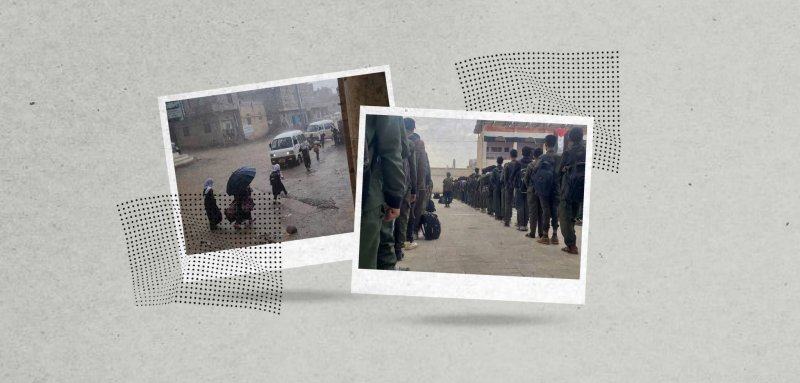Education in Yemen is facing a severe crisis, primarily due to the ongoing war since 2014, compounded by rising poverty, climate change, and other related factors. The country's school infrastructure has been heavily damaged, and the majority of teachers’ salaries have not been paid, depriving millions of children of access to education. These challenges not only threaten the future of upcoming generations but also further complicate the already dire educational situation in the country.
First, poverty
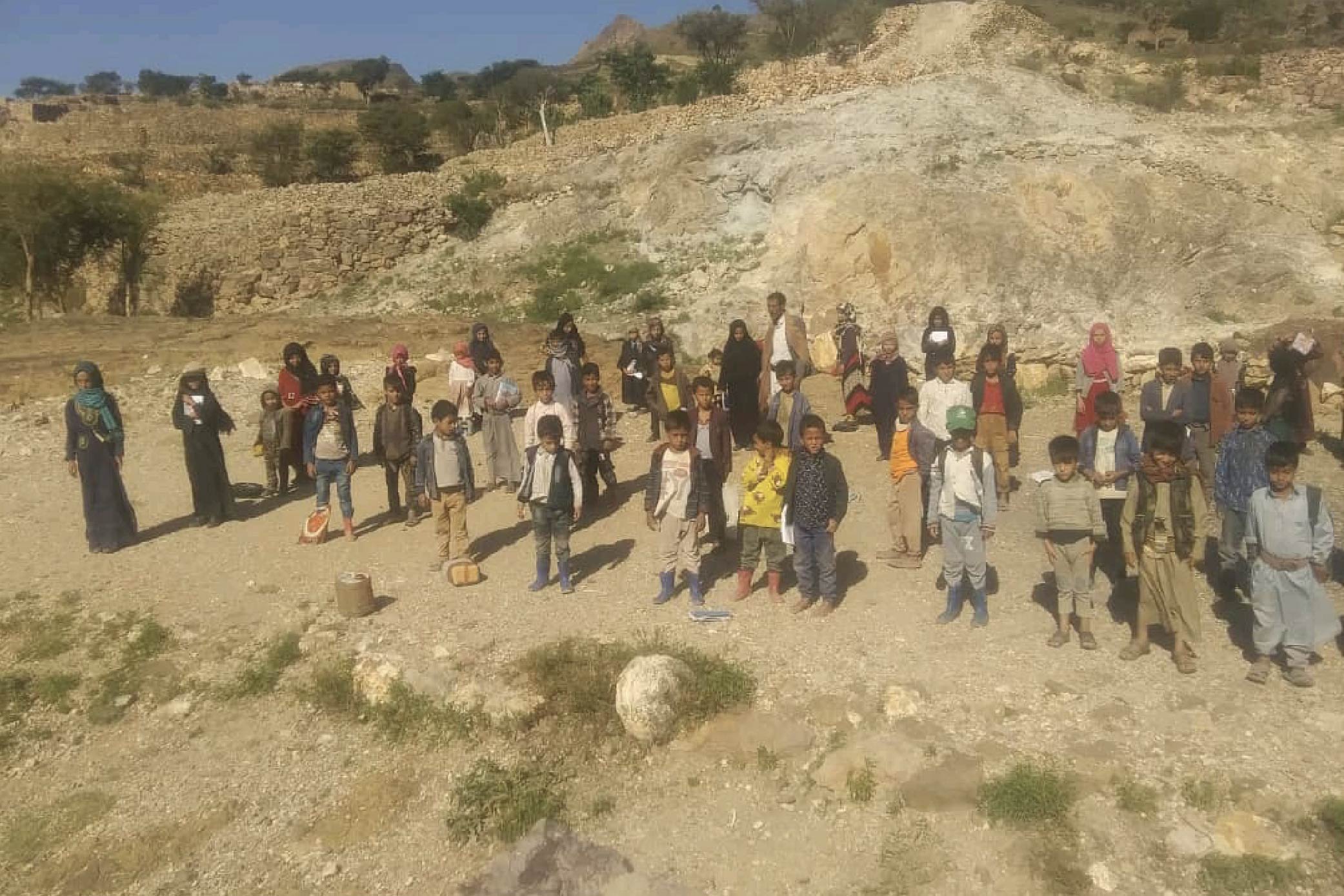 Poverty is a major obstacle preventing children in Yemen from accessing education.Poverty is a major obstacle preventing children in Yemen from accessing education.
Poverty is a major obstacle preventing children in Yemen from accessing education.Poverty is a major obstacle preventing children in Yemen from accessing education.
A report by the United Nations Development Programme (UNDP) and the Oxford Poverty and Human Development Initiative (OPHI), published in late February 2024, reveals that 82.7% of Yemen’s population lives in multi-dimensional poverty. This means the majority of Yemenis are deprived of basic life necessities, including healthcare, education, and decent living conditions.
The same report states, "The intensity of poverty, or the average number of deprivations faced by multidimensionally poor people is 46.7%. Deprivations in years of schooling and sanitation are two of the highest deprivations, with more than 70% of the population deprived in these indicators."
Poverty, damaged schools, unpaid teachers, climate change, child labor, and child recruitment—these are just some of the challenges that make basic education a daunting task in Yemen.
With two million children out of school due to poverty, conflict, and a lack of educational opportunities, an additional six million are experiencing disruptions to their education, which will have immense consequences in the long term. Furthermore, according to UNICEF estimates, 8.1 million children required emergency educational support between 2015 and February 2021.
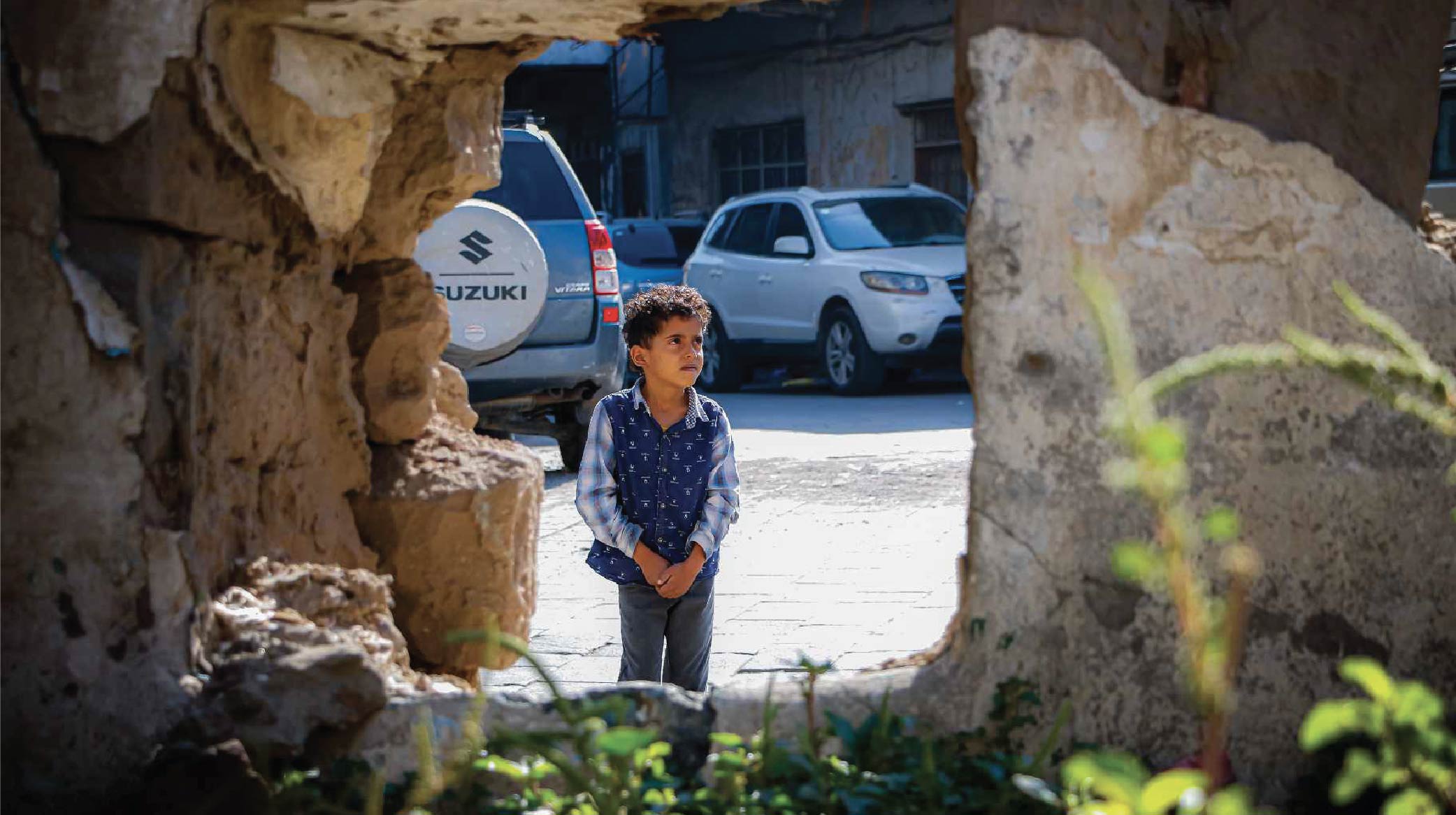 Challenges facing primary education in Yemen
Challenges facing primary education in Yemen
According to UNICEF, hundreds of thousands of Yemeni students have been forced to leave school in recent years, either to beg on the streets, help their parents at work, or work in agricultural fields.
Second, the teacher crisis
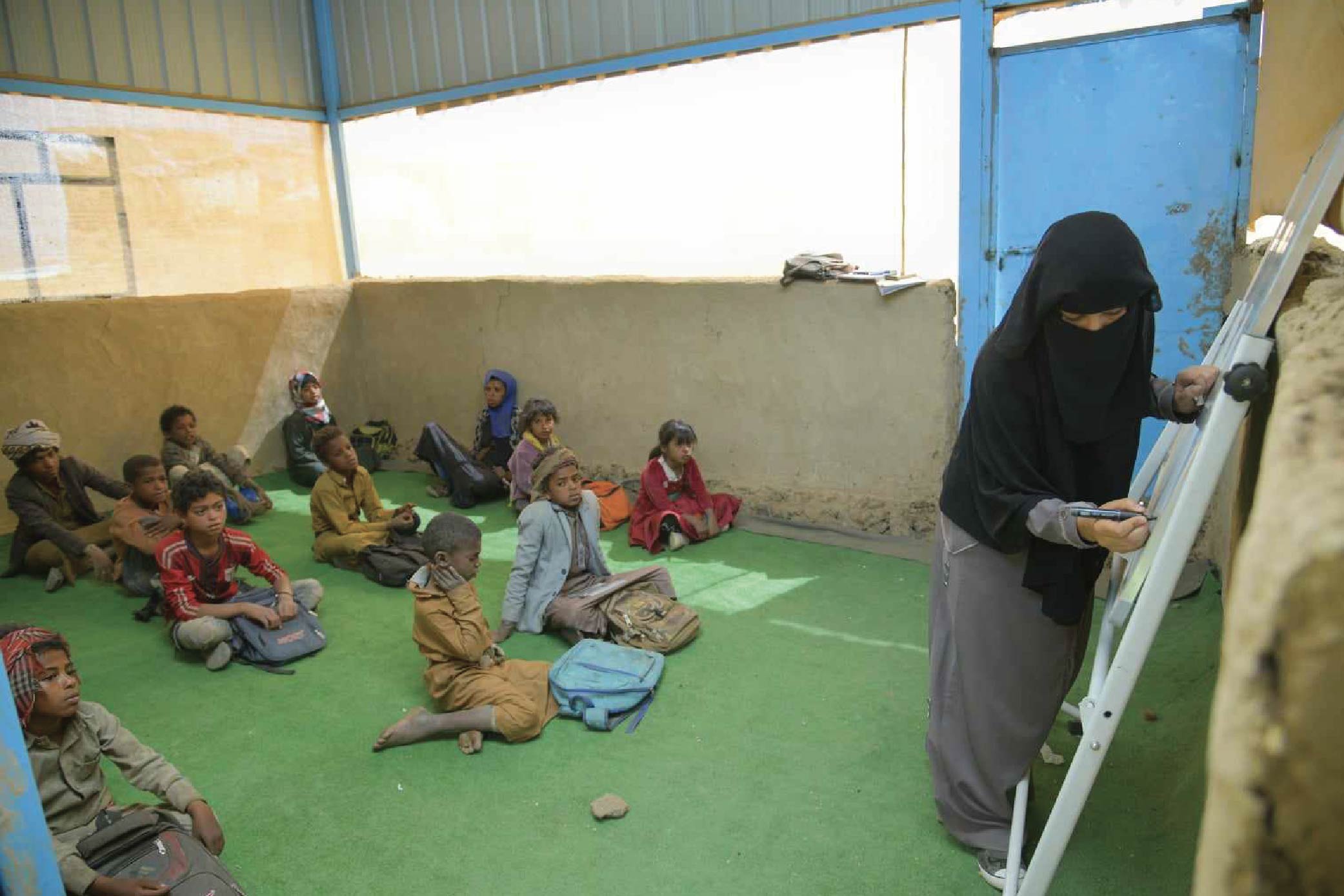 Education in Yemen
Education in Yemen
Since 2016, two-thirds of Yemen’s teachers—approximately 172,000 educators—have not received regular salaries, which has left them burdened with financial stress. Many have had no choice but to leave teaching for more lucrative jobs to support themselves and their families, while others have taken on second jobs alongside teaching to secure their basic needs.
Ahlam Ahmed, an academic and activist working against educational deprivation in Yemen, explains: "The salary cuts have caused a crisis among the teaching staff. Some have stopped working, others have migrated, and many are seeking alternative professions as a source of income."
Another issue compounding the situation is that many teachers are not adequately trained to teach children at the primary level or to manage classrooms effectively.
Many teachers are also forced to continue working without pay, under the threat of being replaced by unqualified staff who are compensated with intermittently distributed food baskets.
Third, damaged and destroyed schools
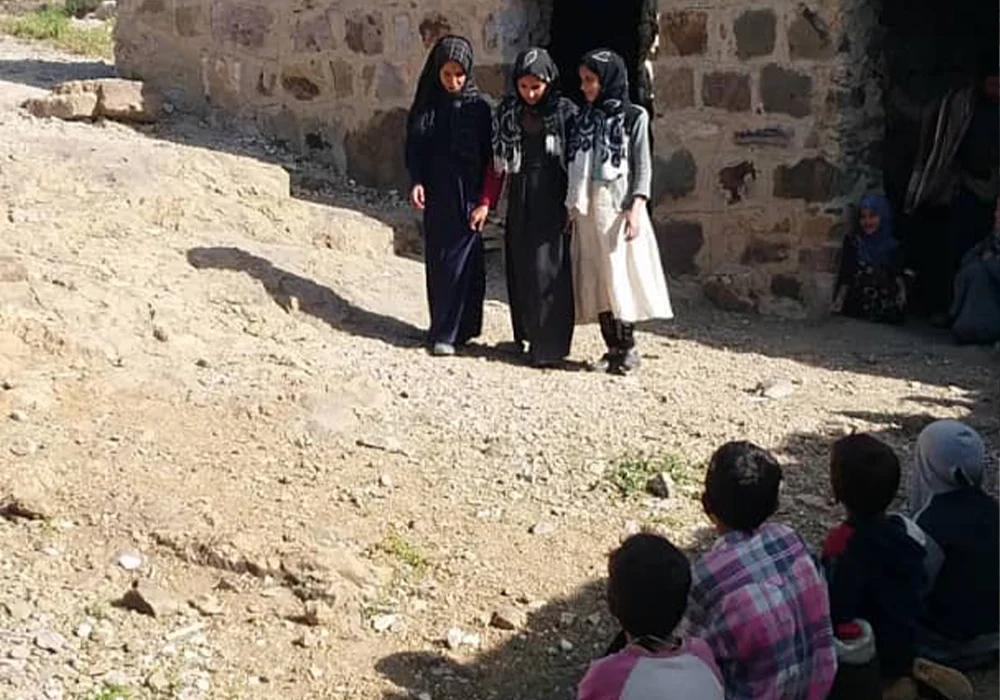 Obstacles facing basic education in Yemen
Obstacles facing basic education in Yemen
The damage and closure of schools in Yemen are threatening children’s chances of receiving an education, exposing them to serious protection concerns.
On the occasion of International Education Day, which falls on January 24 this year, the UN Office for the Coordination of Humanitarian Affairs (OCHA) warned that more than 2,400 schools have been damaged, destroyed, or repurposed for non-educational purposes since the war began in 2014. UNICEF also reported that "at least one in four schools, totaling 2,916, were either completely destroyed, partially damaged, or repurposed due to the conflict."
According to UNICEF, at least half a million children are deprived of educational opportunities due to overcrowded classrooms and the lack of available space in school classrooms. In 2023, one in four children of primary school age was not attending school, and those who could attend faced the problem of overcrowded classrooms.
Fourth, climate change

Climate change and the change of the academic calendar in northern Yemen to the summer season have negatively impacted education. Additionally, flash floods have claimed the lives of some students and damaged the belongings of many others needed to attend school, such as shoes and books.
Omar Al-Hayani, a journalist specializing in climate and the environment, explained, "Since Yemen experiences monsoon rains during the summer, cases of students drowning have increased, while many others struggle to study in the intense heat, particularly in overcrowded classrooms without any ventilation to cool the air."
Fifth, child labor

Child labor in Yemen is one of the most dangerous consequences of the ongoing war, depriving thousands of children of their right to education and forcing them to work to support themselves and their families amid deteriorating economic conditions. Girls, in particular, are often denied education and forced into early marriage, as families seek to reduce expenses and benefit from the dowry paid.
The challenges facing education in Yemen remain complex and multi-dimensional, as persistent poverty and prolonged conflict intertwine with environmental damage and the forced recruitment of children. Are there any viable solutions to confront and resolve these obstacles?
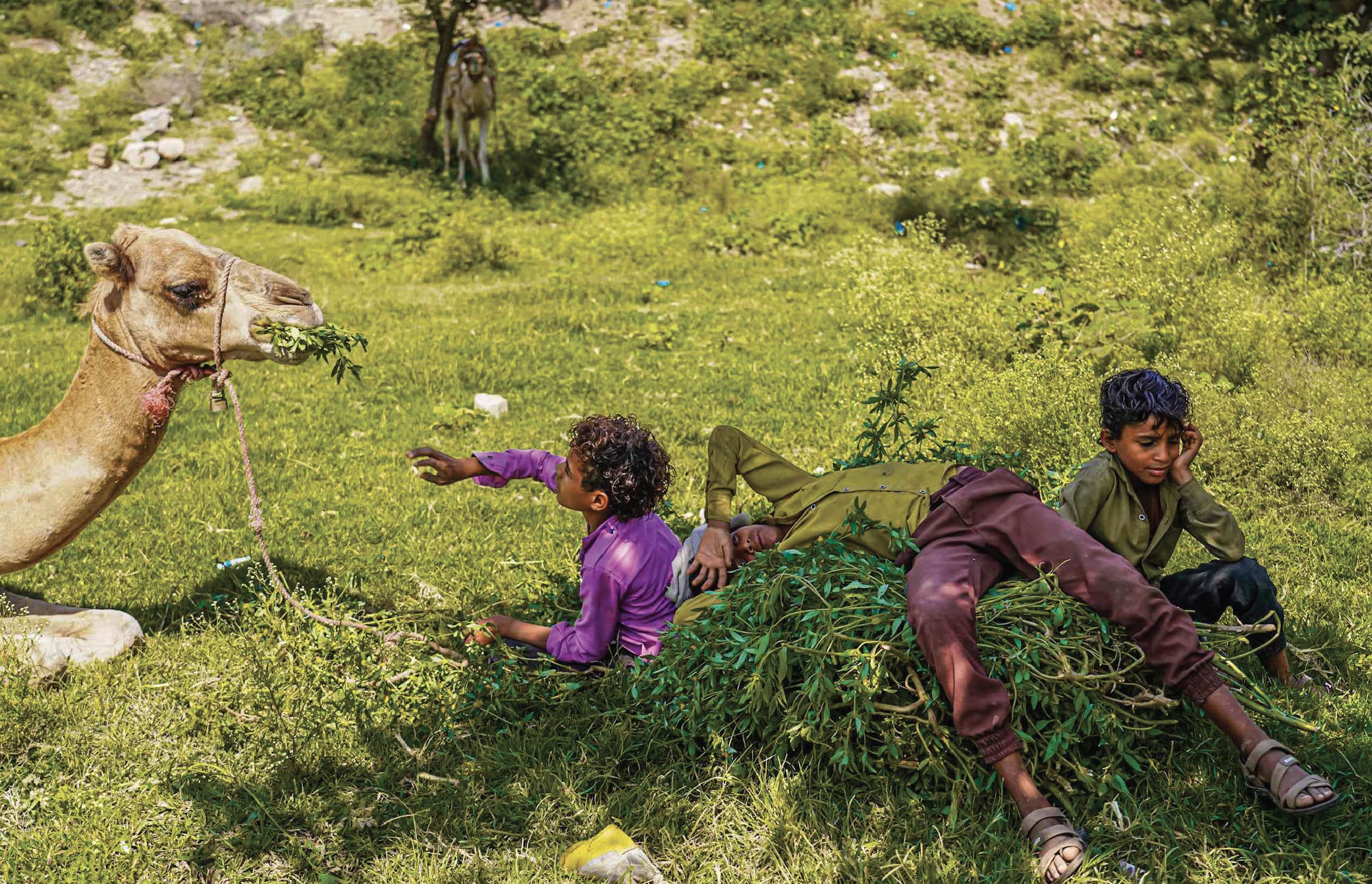 Child labor in Yemen
Child labor in Yemen
A survey conducted by the Central Bureau of Statistics in Yemen, in partnership with UNICEF, revealed in its results published in October 2023 that 29% of Yemeni children aged between 12 and 14 are engaged in labor. According to a report by the International Labour Organization (ILO) published in June 2021, Yemen ranked first among Arab countries in child labor, with a rate of 13.6%.
Sixth, child recruitment

The deteriorating economic conditions in the context of the conflict are a major cause of child recruitment in Yemen. Poverty drives some Yemeni families to enlist their children in combat to secure a stable source of income that provides them with the bare necessities for survival or to supplement their meager earnings.
In some cases, children are forced to join armed groups on either side of the conflict due to the overwhelming pressure of poverty and the collective needs of their families. Others seek to meet personal needs that their families are unable to fulfill.
A report by Human Rights Watch (HRW), published earlier this year, highlights that "according to the Euro-Mediterranean Human Rights Monitor and SAM Organization for Rights and Liberties, a Yemeni civil society organization, the Houthis recruited over 10,000 children between 2014 and 2021. Additionally, the Yemeni government has recruited children throughout the conflict, despite having signed a 2014 UN action plan to end child recruitment."

OCHA notes that the challenges facing education in Yemen remain complex and multi-dimensional, as persistent poverty and prolonged conflict intertwine with environmental damage and the forced recruitment of children. Priorities for intervention include improving school infrastructure, ensuring regular payment of teacher salaries, combating child recruitment, and mitigating the impact of climate change on the education system. The OCHA report notes that “effectively addressing these issues is crucial to ensuring educational opportunities for Yemeni children and rebuilding their future.”
Raseef22 is a not for profit entity. Our focus is on quality journalism. Every contribution to the NasRaseef membership goes directly towards journalism production. We stand independent, not accepting corporate sponsorships, sponsored content or political funding.
Support our mission to keep Raseef22 available to all readers by clicking here!
Interested in writing with us? Check our pitch process here!
